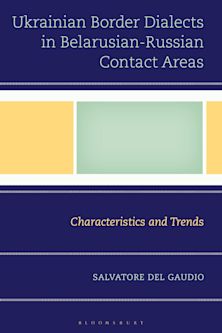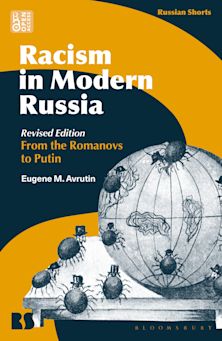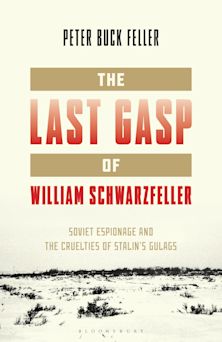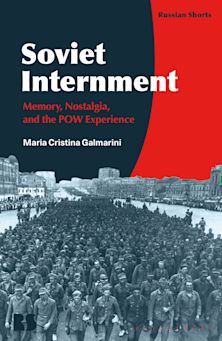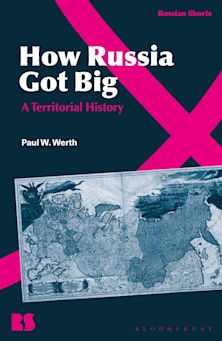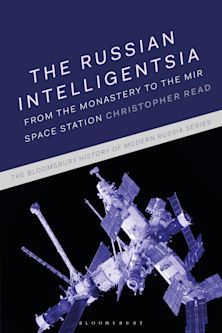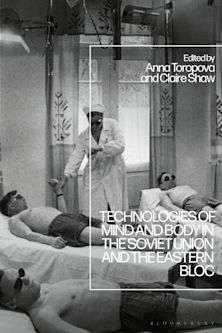The Mathematical Mind of F. M. Dostoevsky
Imaginary Numbers, Non-Euclidean Geometry, and Infinity
The Mathematical Mind of F. M. Dostoevsky
Imaginary Numbers, Non-Euclidean Geometry, and Infinity
This product is usually dispatched within 1 week
- Delivery and returns info
-
Free US delivery on orders $35 or over
Description
The Mathematical Mind of F. M. Dostoevsky: Imaginary Numbers, Non-Euclidean Geometry, and Infinity reconstructs the curriculum and readings that F. M. Dostoevsky encountered during his studies and connects such sources to the mathematical references and themes in his published works. Prior to becoming a man of letters, Dostoevsky studied at the Main Engineering School in St. Petersburg from 1838 to 1843. After he was arrested, submitted to mock execution by firing squad, and sentenced to penal servitude in Siberia for his involvement in the revolutionary Petrashevsky Circle in 1849, most of his books and journals from the period of his education were confiscated, and destroyed by the Third Section of the Russian Secret Police. Although most scholars discount the legacy of his engineering studies, the literary aesthetics of his works communicate an acute awareness of mathematical principles and debates. This book unearths subtexts in works by Dostoevsky, communicating veins of mathematical thought that evolved throughout Classical Antiquity, the Renaissance, and the Scientific Revolution.
Table of Contents
Acknowledgments
List of Mathematical Terminology
Chronology of Biographical Events
Introduction: Tracing the Origins of Dostoevsky’s Mathematical Aesthetics
Chapter 1: Dostoevsky’s Education at the Main Military Engineering School, 1838-1843
Chapter 2: The Certainty of Uncertainty, 2x2=5, and the Ontological Unity of the Real and the Imaginary in Notes from Underground
Chapter 3: Null Sets, Pitfalls of Insolvability, and a Refutation of Utilitarian Calculus in Crime and Punishment
Chapter 4: Probability, Spirituality, and Free Will Predicated on Unpredictability in The Gambler with Reference to the Personal Life and Other Writings of F.M. Dostoevsky
Chapter 5: “There is no virtue, if there is no immortality”: Non-Euclidean Metaphysics and the Fallibility of Scientific Determinism in “Dream of a Ridiculous Man” and The Brothers Karamazov
Conclusion: A Dynamic Mathematical Legacy
Appendix: The Historical Development of Mathematics in Imperial Russia
Bibliography
About the Author
Product details
| Published | Dec 03 2024 |
|---|---|
| Format | Hardback |
| Edition | 1st |
| Extent | 394 |
| ISBN | 9781666948080 |
| Imprint | Lexington Books |
| Illustrations | 19 BW Photos, 8 Graphs, 5 Tables |
| Dimensions | 9 x 6 inches |
| Publisher | Bloomsbury Publishing |
Reviews

ONLINE RESOURCES
Bloomsbury Collections
This book is available on Bloomsbury Collections where your library has access.
















